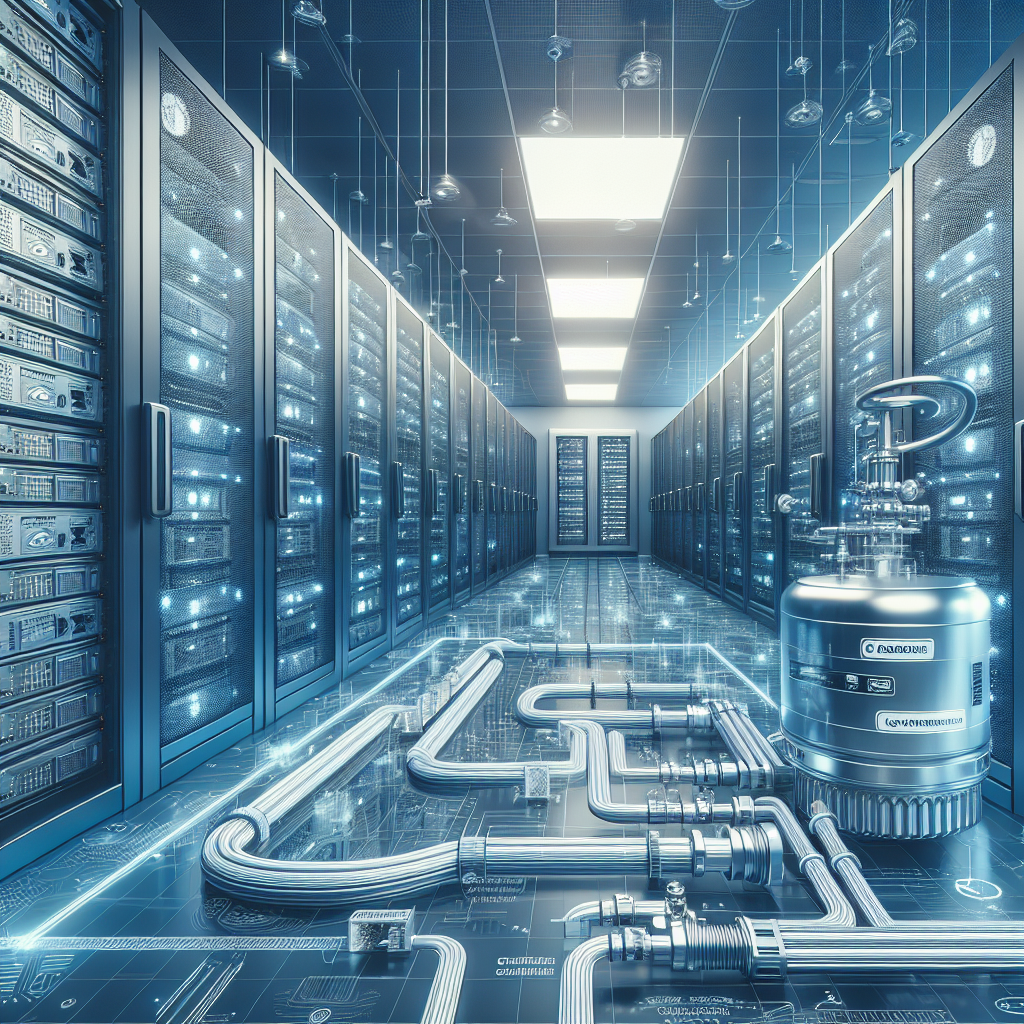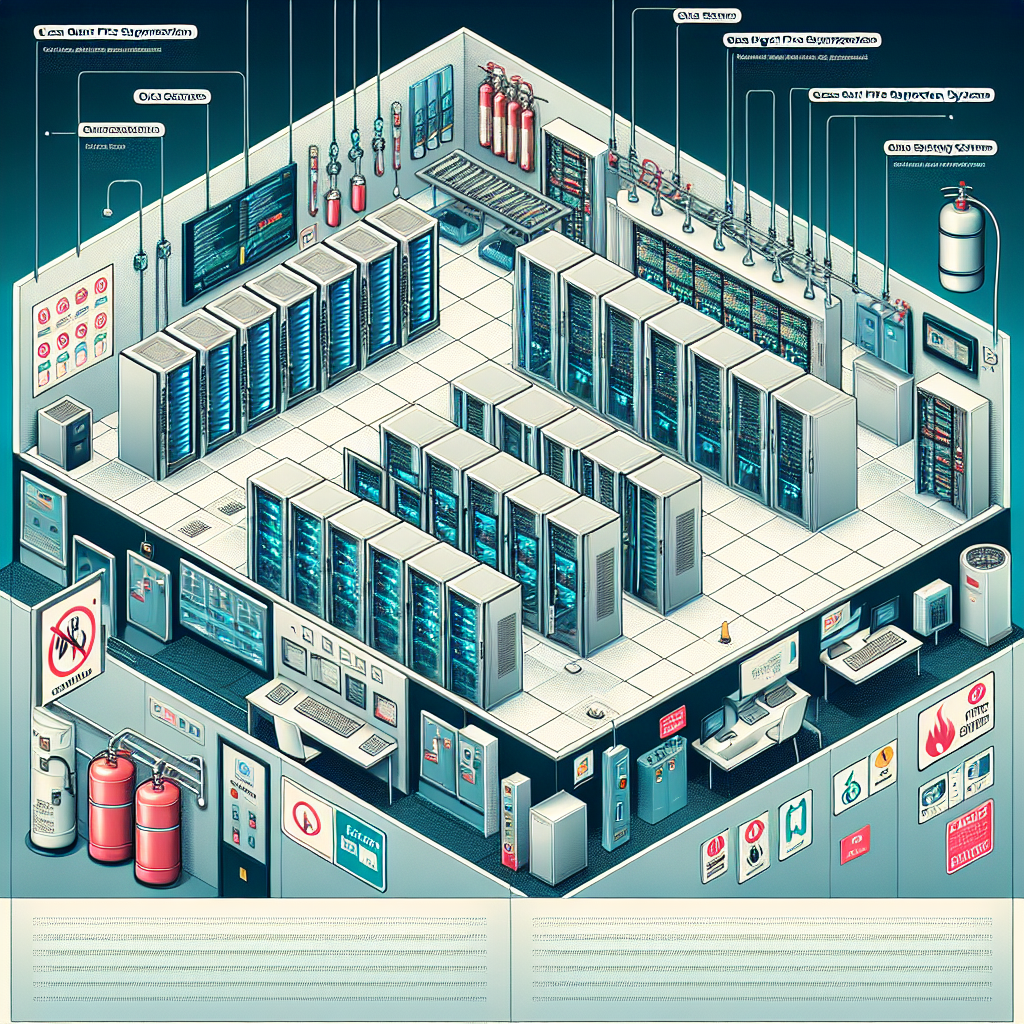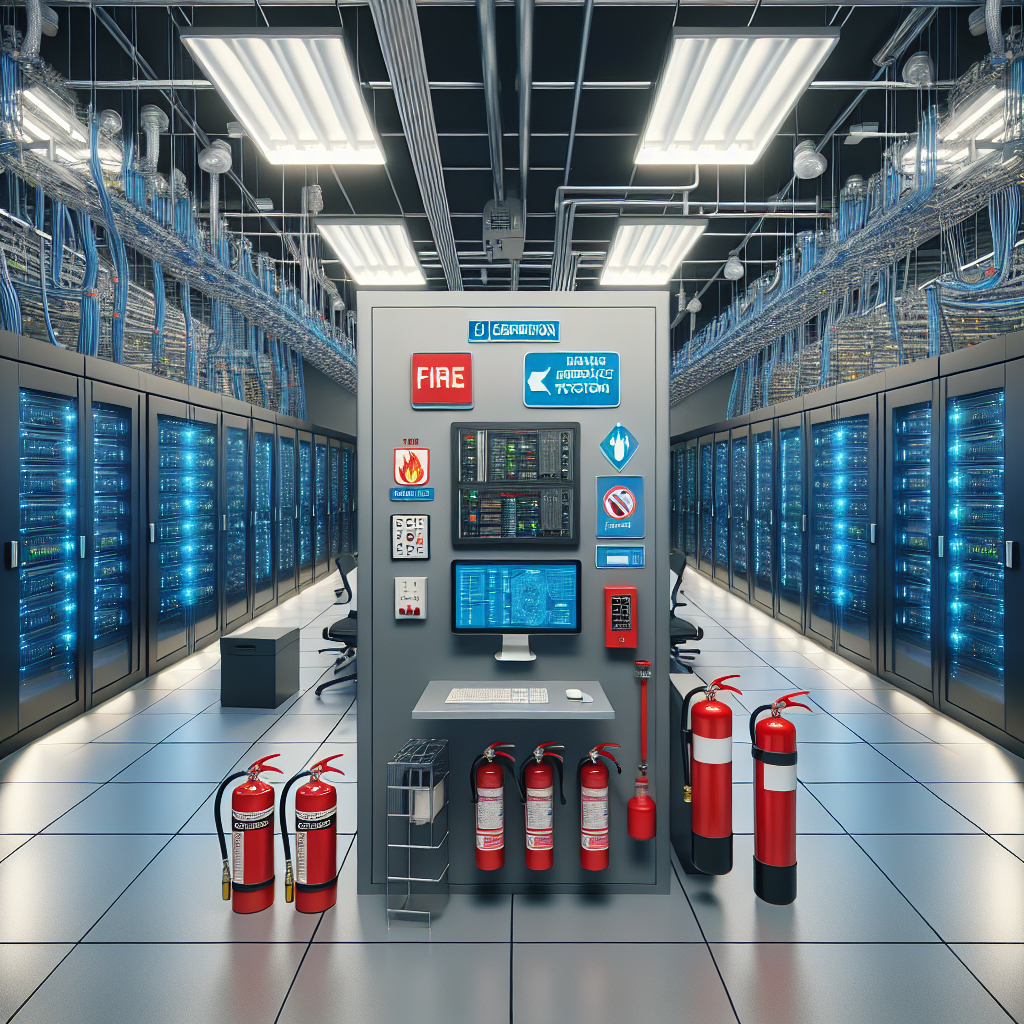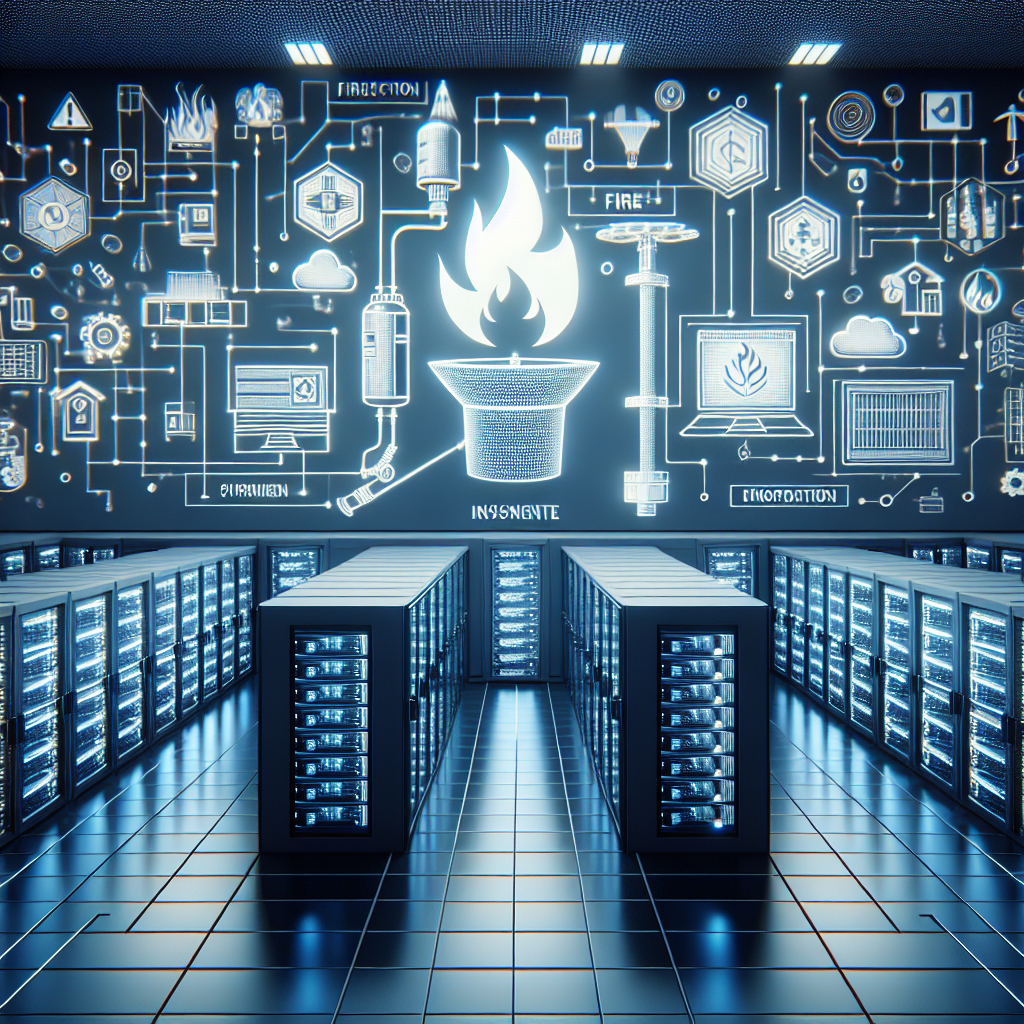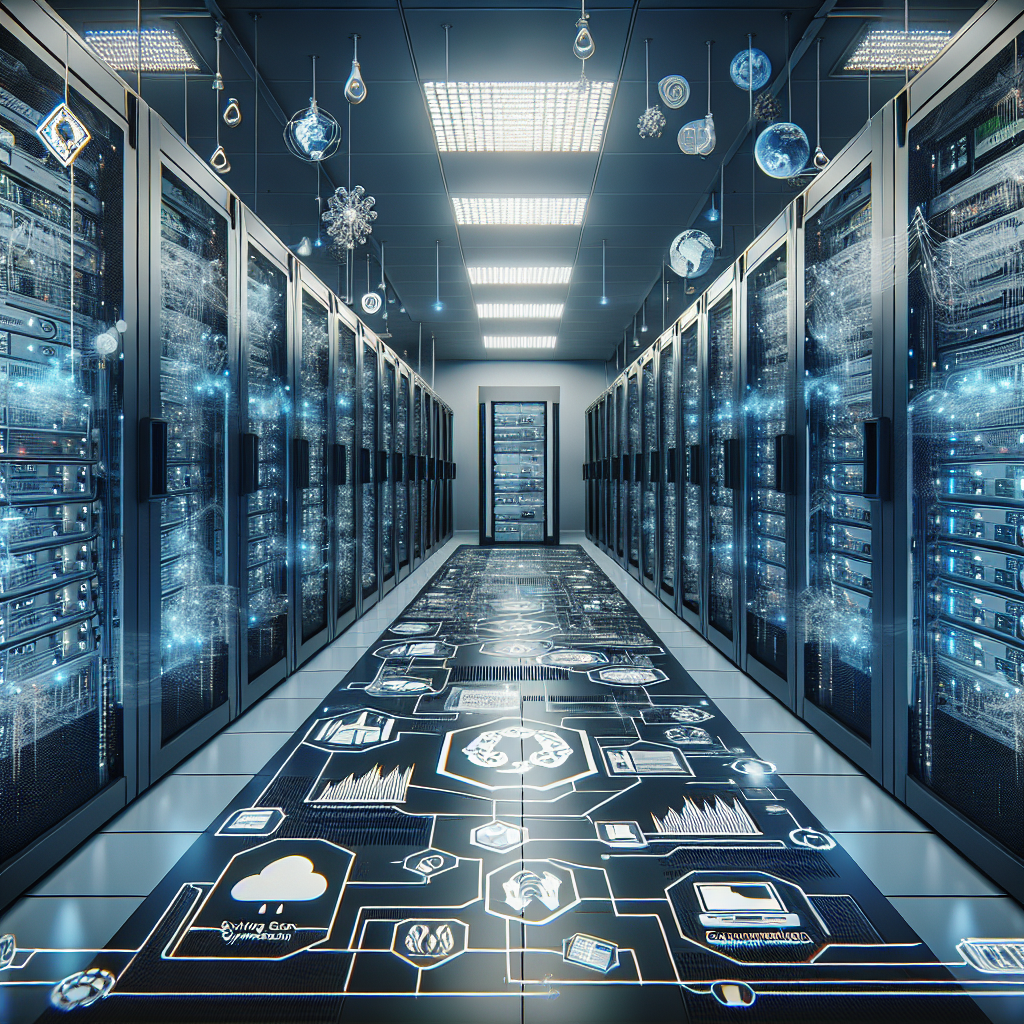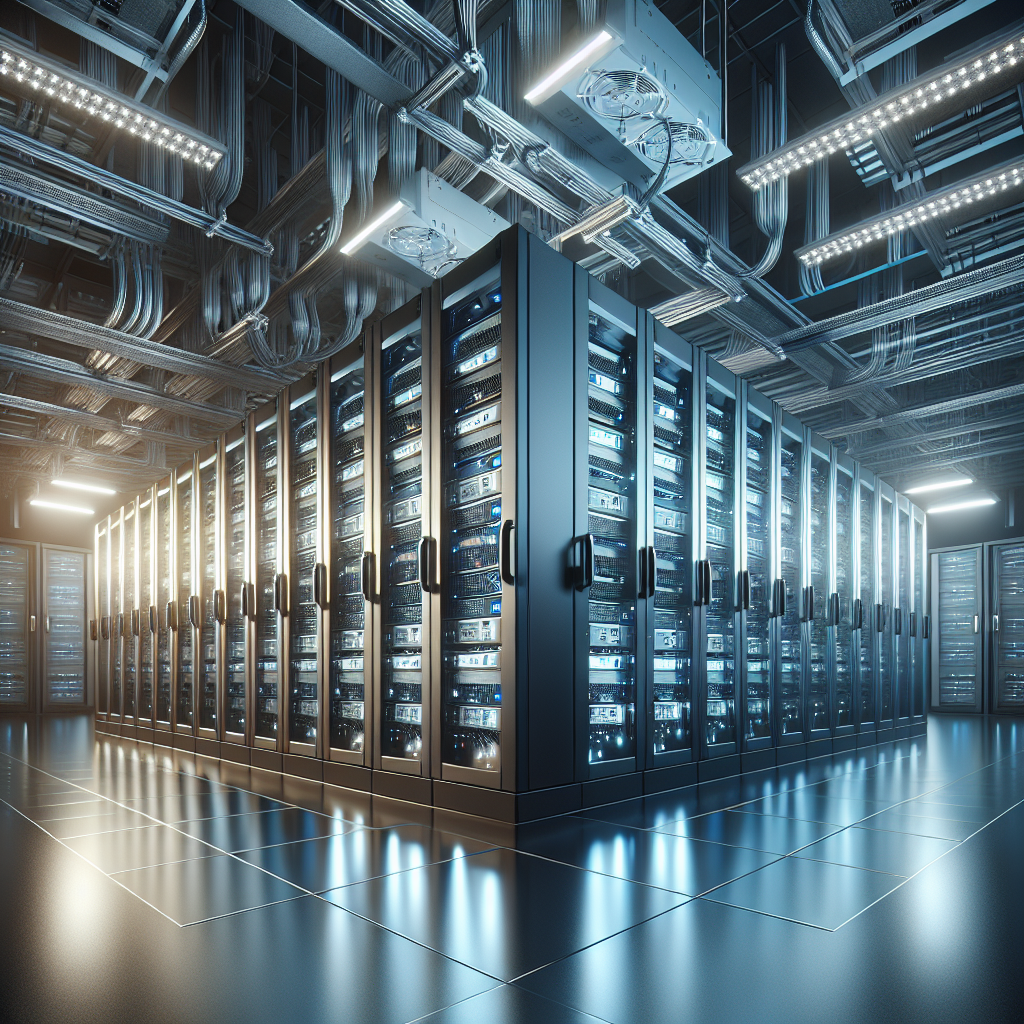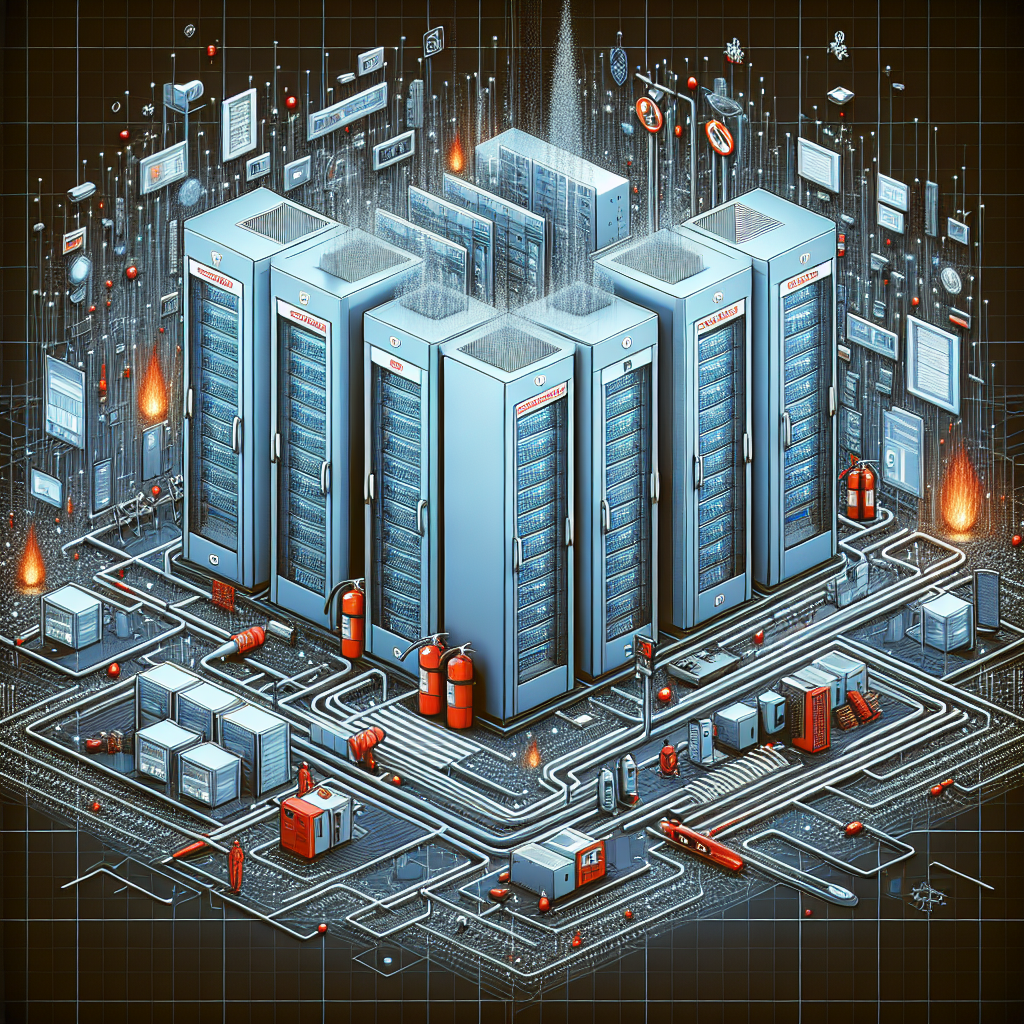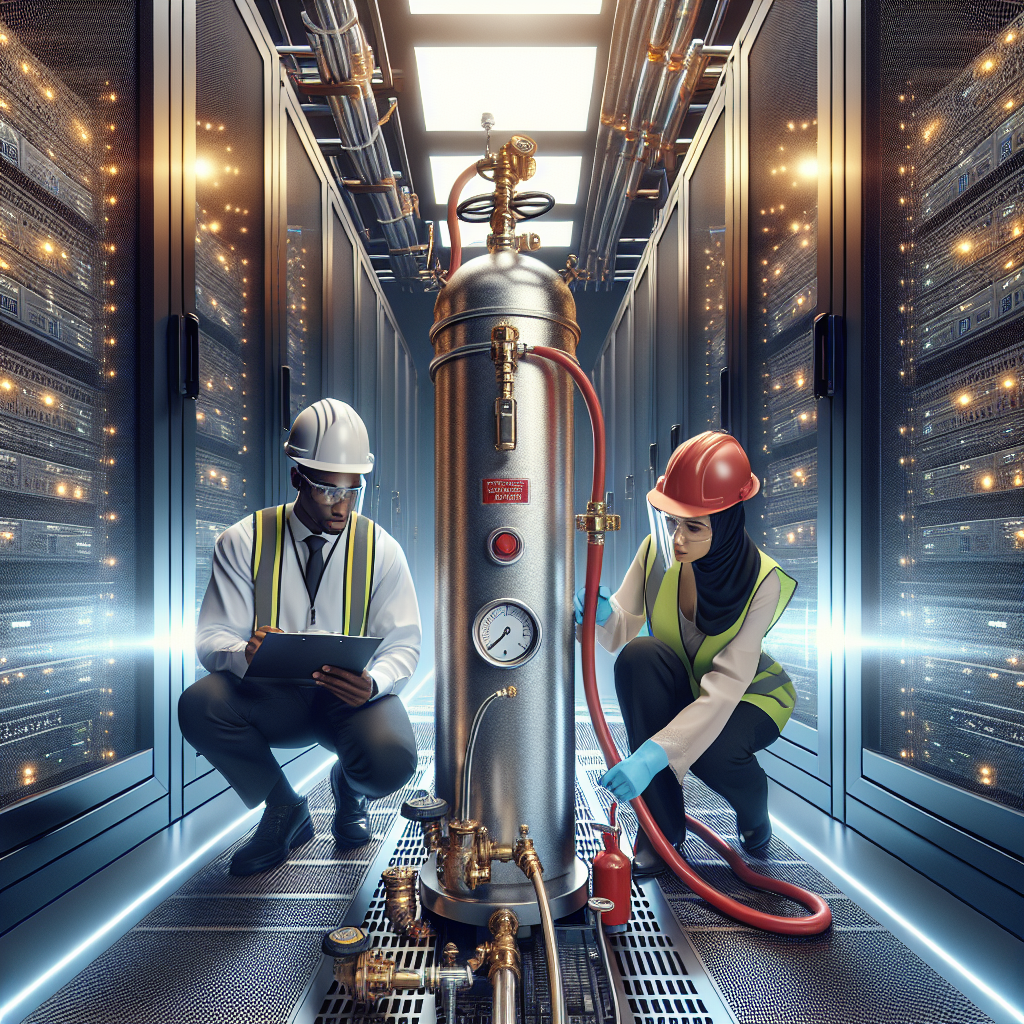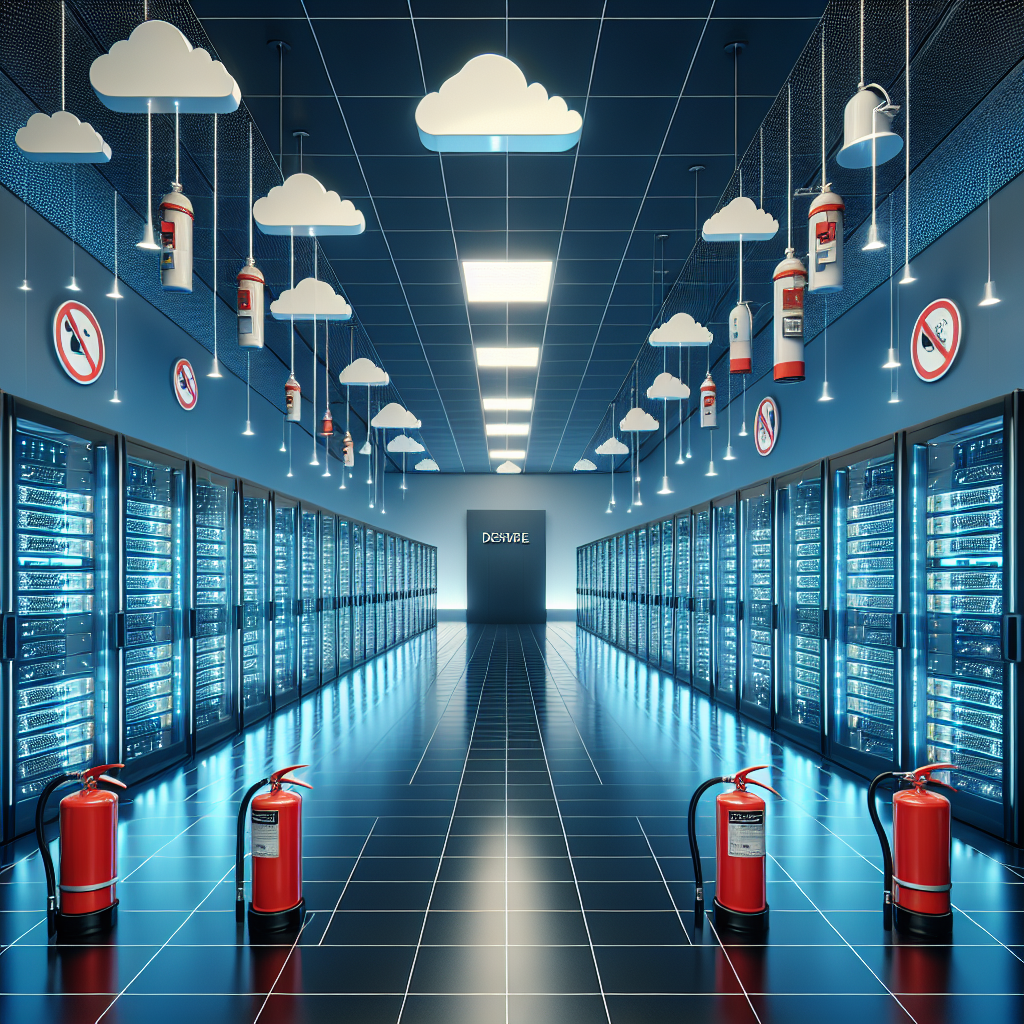Data centers are a critical component of any modern business, housing servers and networking equipment that are essential for day-to-day operations. With the increasing reliance on technology, it’s important for businesses to ensure the safety and security of their data centers. One key aspect of data center safety is implementing a fire suppression system.
When it comes to fire suppression systems in data centers, there are several factors that need to be considered to ensure the system is effective and meets the specific needs of the facility. Here are some top considerations for implementing a fire suppression system in your data center:
1. Identify the type of fire suppression system: There are several types of fire suppression systems available, including water-based systems, gas-based systems, and foam-based systems. Each type has its own advantages and disadvantages, so it’s important to carefully consider the specific needs of your data center before selecting a system.
2. Consider the size and layout of the data center: The size and layout of your data center will play a significant role in determining the design and placement of the fire suppression system. It’s important to work with a professional fire protection engineer to assess the layout of the data center and identify the best location for fire suppression equipment.
3. Ensure compatibility with equipment: It’s important to consider the compatibility of the fire suppression system with the equipment in the data center. Some fire suppression systems can cause damage to sensitive electronic equipment, so it’s important to select a system that is safe for use in a data center environment.
4. Plan for maintenance and testing: Like any other system, fire suppression systems require regular maintenance and testing to ensure they are functioning properly. It’s important to establish a maintenance schedule and ensure that all testing and inspections are conducted as required.
5. Comply with regulations and industry standards: Data centers are subject to regulations and industry standards that govern fire safety. It’s important to ensure that the fire suppression system in your data center complies with all relevant regulations and standards to avoid potential fines or penalties.
6. Train staff on fire safety procedures: In addition to implementing a fire suppression system, it’s important to train staff on fire safety procedures and emergency response protocols. This will help ensure that employees know how to respond in the event of a fire and can help minimize the risk of injury or damage.
Implementing a fire suppression system in your data center is a critical step in ensuring the safety and security of your equipment and data. By carefully considering the factors outlined above and working with a professional fire protection engineer, you can ensure that your fire suppression system is effective and meets the specific needs of your data center.
